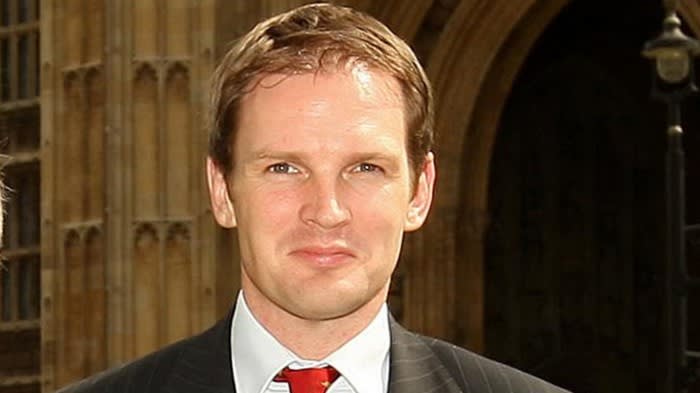German inflation rises to 3.8% in blow to rate cut hopes
Unlock the Editor’s Digest for free
Roula Khalaf, Editor of the FT, selects her favourite stories in this weekly newsletter.
German inflation accelerated to its fastest rate for three months in December, casting doubt over investors’ hopes that the European Central Bank will start cutting interest rates as early as March.
Inflation in Europe’s largest economy rose at an annual rate of 3.8 per cent in December, up from 2.3 per cent a month earlier, according to the harmonised index of consumer prices released by the federal statistical agency on Thursday.
The reduction of government subsidies on gas, electricity and food that began last year has triggered a re-acceleration of annual inflation in much of Europe.
German energy prices rose 4.1 per cent in the year to December, a reversal from a 4.5 per cent annual decline a month earlier.
French figures released earlier on Thursday also showed inflation rising in line with economists’ expectations to 4.1 per cent in the year to December, up from 3.9 per cent in November, reflecting an uptick in price growth for energy and services.
The euro held on to gains and eurozone government debt prices stayed lower after the German figures were published. The currency was 0.3 per cent higher against the US dollar at $1.0950, having climbed earlier on Thursday.
The German 10-year bond yield, which moves inversely to price, was up 0.08 percentage points at 2.10 per cent.
Consumer price growth in the eurozone had been slowing for six months, bringing it close to the ECB’s 2 per cent target. Bond and equity markets rallied in the final weeks of 2023 as investors bet borrowing costs would start to fall in the spring.
But figures for the overall eurozone, due on Friday, are expected to show inflation rose from 2.4 per cent in November to 3 per cent in December, ending six months of consecutive declines.
The pick-up in inflationary pressure reflects a comparison with a year earlier when Berlin paid the gas bills of most households and Paris heavily subsidised electricity costs, which drove down the cost of utility bills temporarily.
Prices also look set to be pushed up after the German government was forced to scrap several other subsidies and increase taxes to help fill a €60bn hole in its budget plans left by a constitutional court ruling against its use of off-balance sheet funds.
Carsten Brzeski, global head of macro at Dutch bank ING, said both December’s rise in German inflation and the prospect of a further acceleration in price rises “should be enough to push back markets’ rate cut expectations”.
One area where prices could rise in response to lower government subsidies is eating out, after Berlin raised the VAT rate on restaurant meals from a temporarily reduced level of 7 per cent back up to 19 per cent at the start of this year.
Investors will be watching the figures closely for signs of how soon the ECB is likely to start cutting rates, after raising its benchmark deposit rate sharply from below zero to 4 per cent in response to the biggest surge in prices for a generation.
Swap markets are pricing in about 1.6 percentage points of rate cuts by the ECB this year, with a 60 per cent chance of cuts starting in March.
However, the ECB last month pushed back against speculation about imminent rate cuts, forecasting inflation in the bloc would rise from an average of 2.8 per cent in the fourth quarter of last year to 2.9 per cent in the first quarter of this year.
Isabel Schnabel, an ECB executive board member, said last month that inflation may “pick up again temporarily” because of energy prices and the withdrawal of various government support measures.
She predicted inflation would then “gradually” drop to the ECB’s 2 per cent target by 2025, adding: “We still have some way to go.”
Almost 60 per cent of respondents in a Financial Times survey of economists last month predicted eurozone inflation would slow to the 2 per cent threshold in 2024, although some said it was likely to speed back up again from there.
Source link




